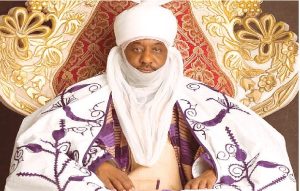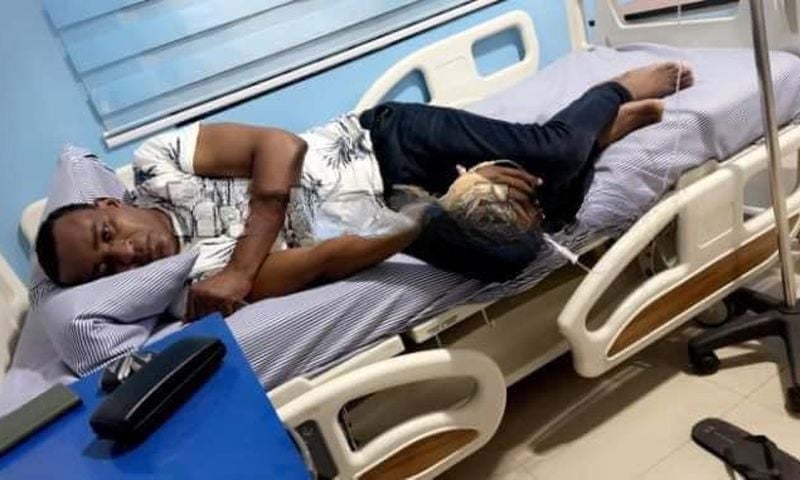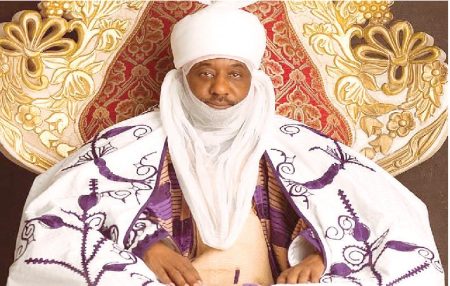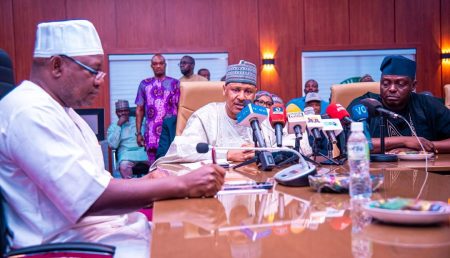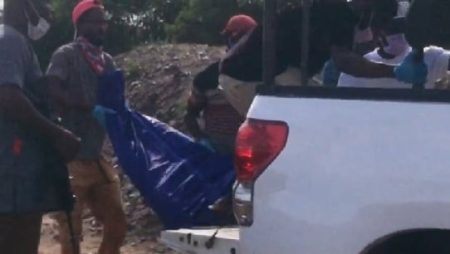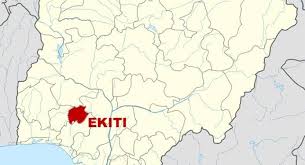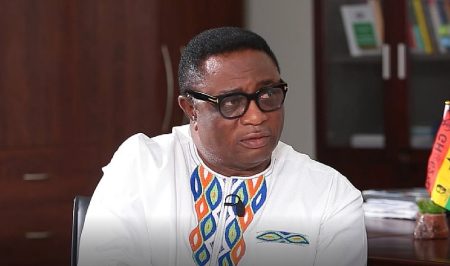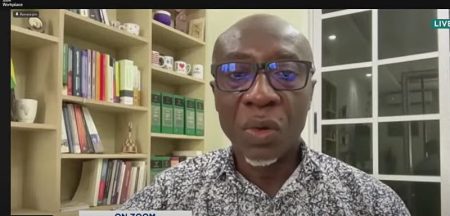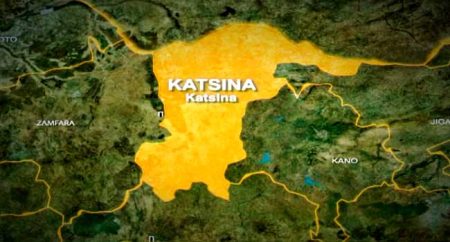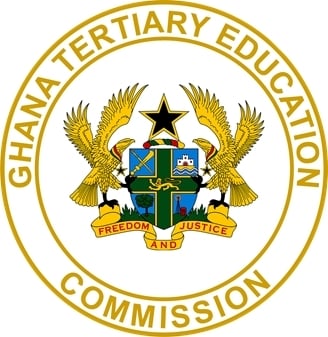The arrest and detention of Bernard Antwi Boasiako, popularly known as Chairman Wontumi, the Ashanti Regional Chairman of the New Patriotic Party (NPP), by the Economic and Organised Crime Office (EOCO) has sparked a whirlwind of controversy and accusations of political persecution. Minority Chief Whip, Frank Annoh-Dompreh, has emerged as a vocal critic of the handling of the case, alleging that EOCO’s actions are politically motivated and designed to destabilize the NPP within its stronghold. He points to several factors as evidence of this alleged persecution, including the denial of access to legal counsel, the withholding of information regarding Wontumi’s health status during a hunger strike he has reportedly embarked on while in custody, and the public pronouncements of the Deputy Attorney General, which Annoh-Dompreh views as prejudicial to the case. This incident underscores the deep-seated political tensions in Ghana and highlights the potential for the misuse of state institutions for partisan gain.
Annoh-Dompreh’s primary concern revolves around what he perceives as a deliberate denial of Wontumi’s fundamental human rights. He emphasizes the denial of access to legal counsel, contrasting it with the standard practice even in serious criminal cases like murder where suspects are routinely allowed to consult with their lawyers. This, he argues, is a clear indication that EOCO’s actions are driven by a political agenda rather than a genuine pursuit of justice. The reported hunger strike undertaken by Wontumi further intensifies the concerns about his well-being and the potential for his health to deteriorate under the current circumstances. The alleged lack of transparency from EOCO regarding Wontumi’s health condition only fuels the suspicion surrounding the motives for his detention.
Adding to the complexity of the situation is the intervention of the Deputy Attorney General, Justice Srem-Sai, who publicly accused Wontumi of involvement in fraud, money laundering, and causing financial loss to the state. Annoh-Dompreh criticizes this public pronouncement as prejudicial to the case, arguing that it undermines the presumption of innocence and potentially influences the outcome of any legal proceedings. He questions the necessity of such public statements when the case is already under investigation, suggesting that it is a deliberate tactic to tarnish Wontumi’s reputation and further the political agenda against the NPP. This raises concerns about the separation of powers and the potential for the executive branch to exert undue influence on legal processes.
Annoh-Dompreh’s criticism extends beyond the immediate actors involved in the case to encompass former President John Dramani Mahama and the broader political landscape of Ghana. He accuses Mahama of remaining silent amidst what he terms as “abuse of power” by state institutions. This silence, he argues, is tantamount to complicity and emboldens those who are allegedly using state machinery for political purposes. He links these actions to a broader strategy to weaken the NPP, particularly within the Ashanti Region, which is considered the party’s stronghold. By targeting the regional chairman, Annoh-Dompreh suggests, the intent is to decapitate the party’s leadership and undermine its support base.
The implications of this incident extend beyond the immediate political fallout. It raises fundamental questions about the rule of law, the protection of human rights, and the independence of state institutions. The allegations of politically motivated arrests and the denial of due process erode public trust in the justice system and create an environment of fear and uncertainty. If state institutions are perceived as tools for political repression, it undermines the very foundation of democracy and opens the door to potential abuses of power.
Annoh-Dompreh’s warning of potential protests if the situation persists underscores the volatile nature of the situation. It highlights the potential for this incident to escalate into wider social unrest and further deepen the political divisions within Ghana. The call for transparency, accountability, and respect for due process is crucial to de-escalate the situation and ensure that justice is served without any political bias. The future trajectory of this case will undoubtedly have significant implications for the political landscape of Ghana and the public’s perception of the impartiality of its institutions. The continued detention of Wontumi without access to legal counsel, coupled with the public pronouncements of the Deputy Attorney General, has created a climate of distrust and suspicion, raising concerns about the fairness and integrity of the legal process. This incident serves as a stark reminder of the importance of upholding the rule of law and protecting the rights of all individuals, regardless of their political affiliation.




